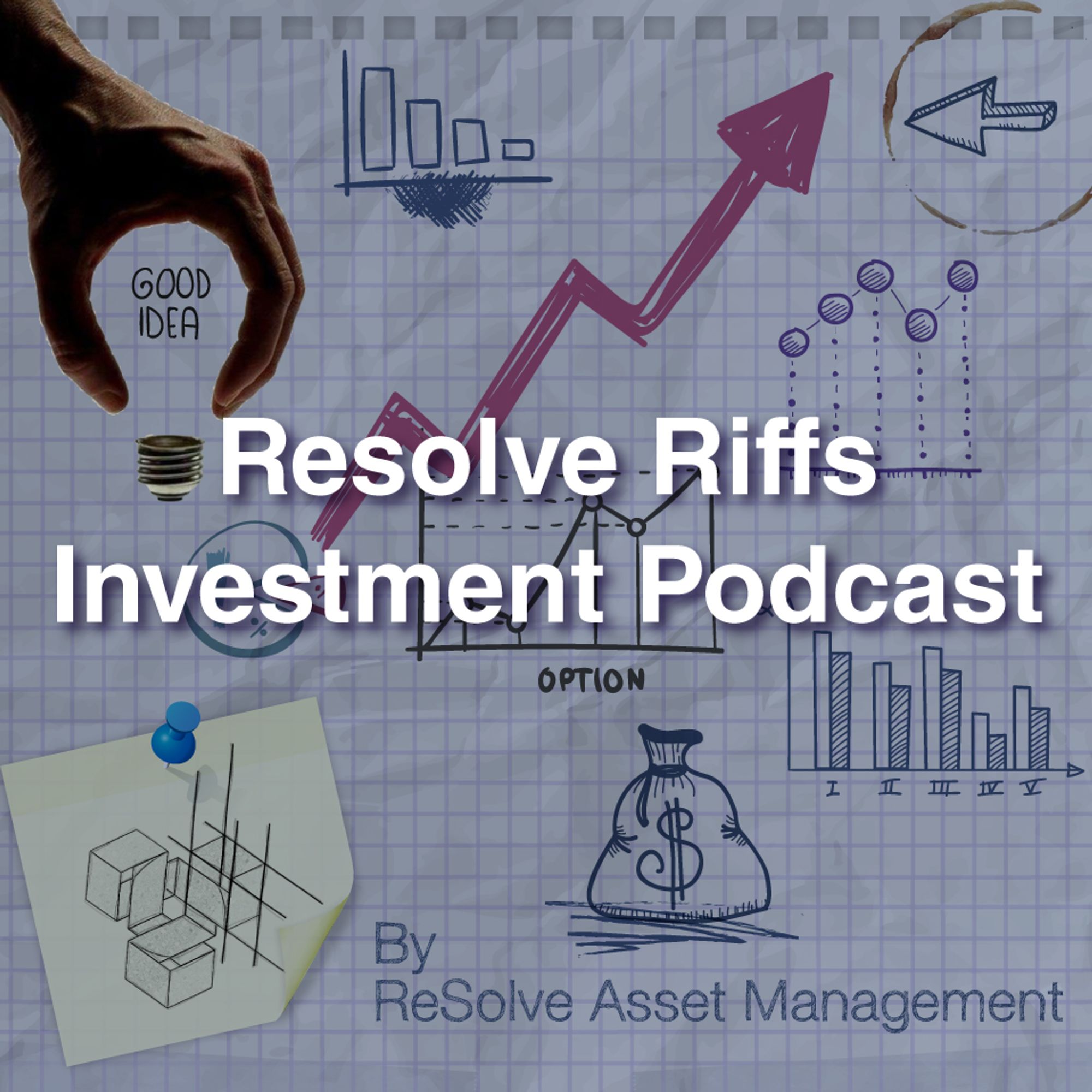Episode 46
ReSolve Riffs on the Global Landscape with The Macro Tourist (Kevin Muir)
This is “ReSolve’s Riffs” – live on YouTube every Friday afternoon to debate the most relevant investment topics of the day.
In an upside-down market it’s hard to know which way is up. Many investors rely on Kevin Muir, otherwise known as the Macro Tourist, to help them navigate these uncharted waters.
Kevin is a pragmatic macro analyst and trader who is focused on trading markets as they are, rather than how you might wish they were. This means being conscious of your own ideologies and biases and actively setting them aside so you can see with clear eyes, and adapt your thinking in response to shifting data and insights.
Modern Monetary Theory (MMT) was the center of gravity for the conversation. Kevin describes his journey of discovery and how the underlying mechanics reflect the actual plumbing of the global economy. He explains that Sovereigns that borrow in their own currency and are able to print money are not constrained by deficits. Rather, Sovereign borrowing acts as a direct credit to the private sector. As such, governments are constrained by whether the aggregate productive capacity of the economy can absorb the demand from the private sector that results from their borrowing. Inflation arises when demand exceeds this productive capacity. As a result, long-term prosperity depends on how quickly a country can increase its productive capacity, since this rate will dictate how quickly the government can create wealth for the private sector without creating inflation.
MMT is often embraced by those on the left, who believe it provides an imperative for spending on government programs. Kevin explains that deficits can also arise from cutting taxes, so it is a bipartisan theory.
We address several concepts including:
- How does MMT impact the role of confidence in a currency?
- What would happen if Japan canceled the debt held by the Bank of Japan?
- What was the impact of fiscal cuts during the Obama administration?
- How do we direct spending to areas of the economy that are more likely to achieve capital formation?
- How do we implement MMT without exacerbating the already large wealth gap?
- If MMT is coming, what is the highest convexity trade?
Mike, Rodrigo, Richard and Adam stick around after Kevin leaves to discuss MMT in a broader context and raise even more questions.
Thank you for watching and listening. See you next week.

